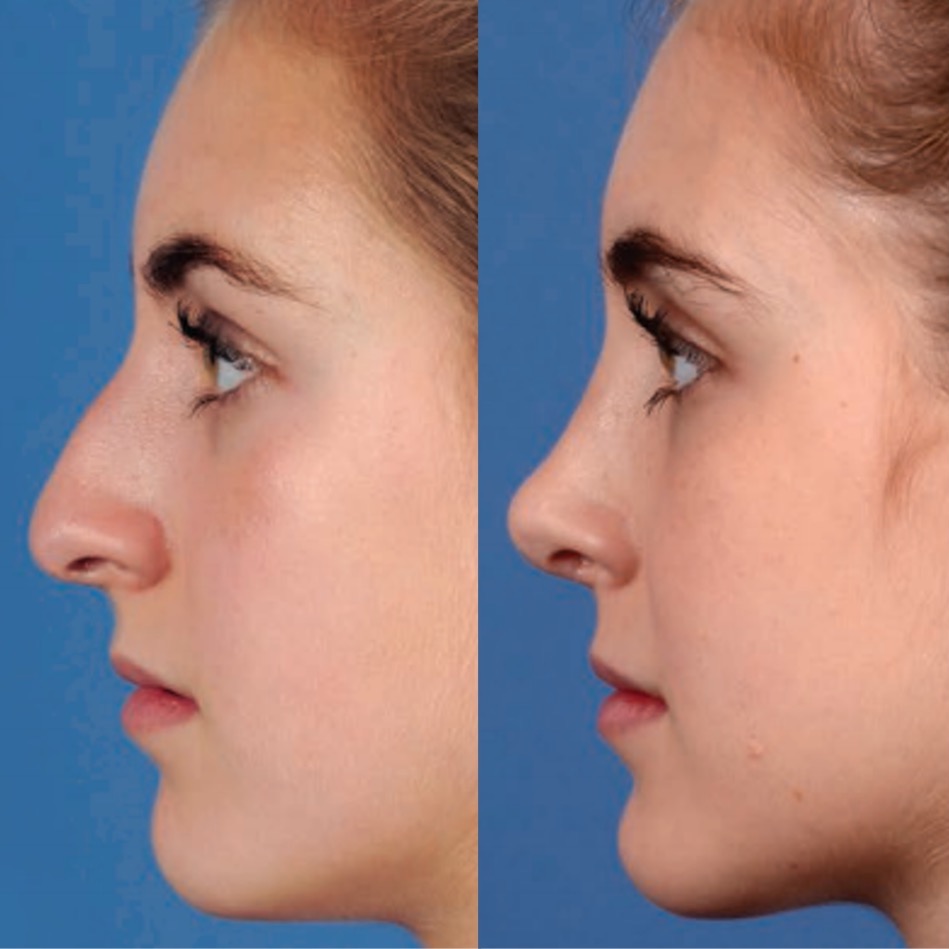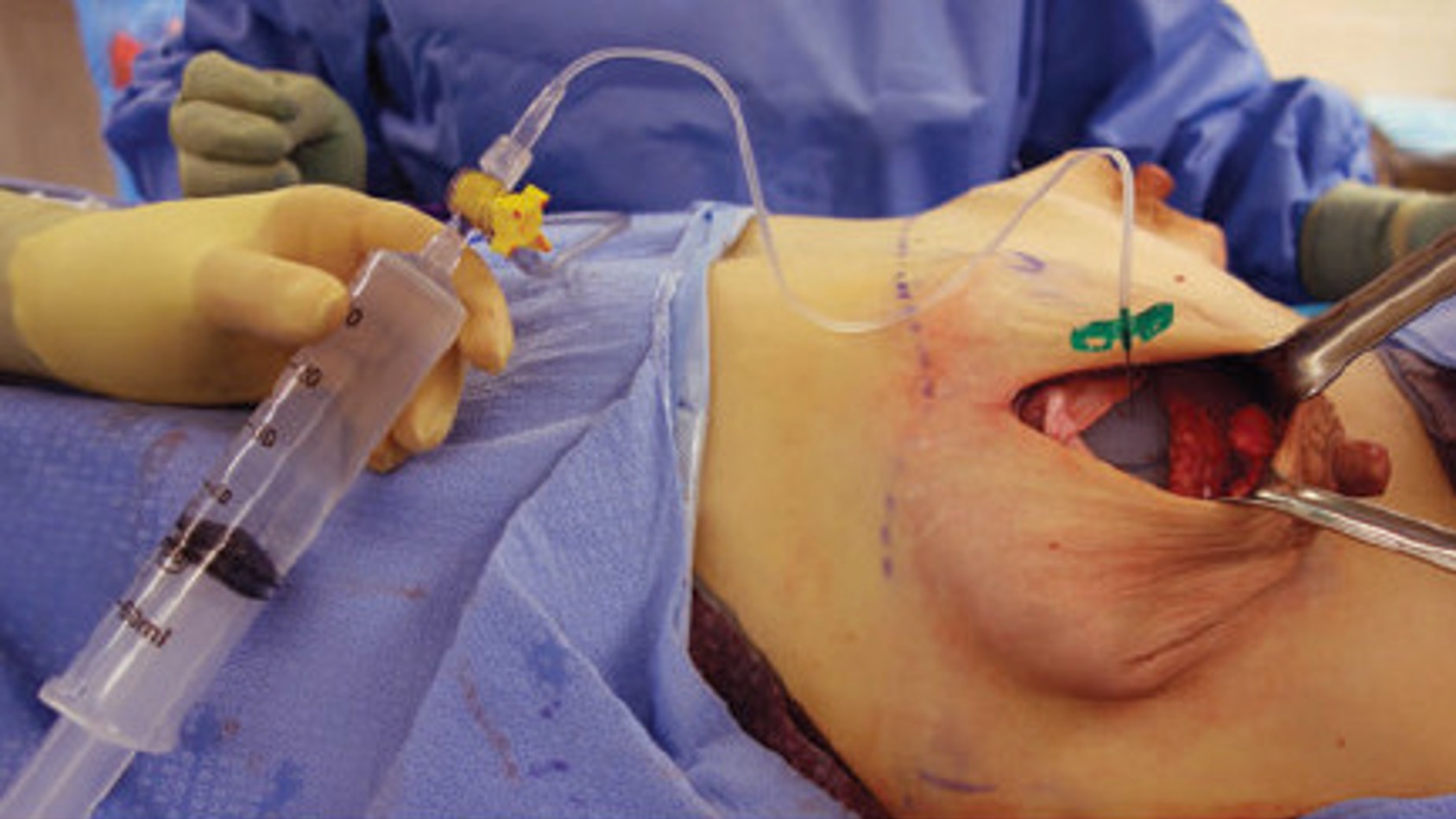The Impact of Self-Image on Decision-Making: Reasons That Many Individuals Go After Cosmetic Surgical Procedure for Physical Makeover
The interplay in between self-image and decision-making is a complicated phenomenon, particularly noticeable in the raising trend of people choosing for plastic surgery as a way of physical improvement. Inspired by a wish to meet individual perfects and societal expectations, several people face issues of self-worth that can substantially affect their choices. As exterior stress from social media sites and cultural norms heighten sensations of inadequacy, an important question occurs: what are the underlying mental factors that drive this pursuit of altered looks, and what effects do these decisions hold for individual identity and wellness?
Recognizing Self-Image
Self-image describes the psychological picture and perception an individual holds concerning themselves, incorporating facets such as physical look, personality type, and general self-worth - mommy makeover rancho cucamonga. This internal representation substantially influences just how individuals connect with the world and can be a driving pressure behind different life options, consisting of the choice to undergo plastic surgery
A favorable self-image commonly associates with greater self-confidence and a sense of confidence, fostering an aggressive strategy to life. Conversely, an adverse self-image may cause feelings of inadequacy and dissatisfaction, prompting people to look for outside services to perceived flaws. This quest for renovation can show up in the desire for physical transformation via cosmetic procedures.
Furthermore, cultural impacts and societal standards play a crucial function fit self-image. The prevalent nature of media and peer contrasts can enhance sensations of instability, motivating people to change their appearance in search of acceptance or approval. Recognizing these characteristics is crucial in understanding the inspirations behind cosmetic surgical procedure. Eventually, self-image is a complex construct that links with psychological wellness, societal expectations, and individual ambitions, making it an essential aspect in the decision-making process concerning cosmetic improvements.
Mental Variables at Play
Various psychological elements influence a person's choice to go after plastic surgery, typically rooted in much deeper emotional and cognitive procedures. One substantial aspect is reduced self-esteem, which may emerge from negative self-perceptions or discontentment with one's look. People with diminished self-respect might think that altering their physical features will boost their overall value and acceptance in social contexts.
Furthermore, the principle of body dysmorphic problem (BDD) plays a vital role. Individuals dealing with BDD experience a compulsive concentrate on regarded imperfections in their appearance, leading them to seek surgical intervention as a service. This compulsive wish for improvement can dramatically misshape their self-image, driving them to seek treatments regardless of the possibility for adverse outcomes.

Social Stress and Expectations
A significant impact on individuals' choices to undertake cosmetic surgical procedure comes from societal stress and expectations that pervade modern culture. In an era dominated by social networks and continuous aesthetic direct exposure, idealized criteria of charm are frequently showcased, developing a pervasive setting where physical appearance is extremely inspected. Such standards usually dictate what is considered appealing, leading individuals to really feel compelled to adjust to these suitables.
Moreover, the normalization of aesthetic enhancements in preferred culture better intensifies these stress - mommy makeover rancho cucamonga. Influencers and celebrities freely discussing their medical treatments can produce an assumption that such modifications are not just acceptable yet desirable. This sensation can engender sensations of inadequacy in individuals who might feel their natural look does not align with societal standards
Additionally, the influence of colleagues can not be ignored. Individuals may run into indirect or direct stress from friends or household, bring about a communal recognition of plastic surgery as an acceptable ways to attain an idealized self-image. As a result, these societal assumptions can significantly affect individual decision-making procedures, frequently eclipsing innate inspirations for self-improvement and fostering a culture where physical makeover is pursued as a remedy for viewed drawbacks.

Study and Individual Stories
Numerous individuals have shared their individual journeys regarding cosmetic surgical procedure, exposing a complicated interplay in between self-perception and social influences. For instance, a 34-year-old lady defined just how years of feeling insufficient as a result of her nose led get redirected here her to seek nose job. She reported that after the treatment, her confidence surged, enabling her to engage even more openly in social scenarios and progress her occupation. Yet, she acknowledged that her decision was greatly influenced by media portrayals of charm.
In a similar way, a male person in his late twenties stated his battle with body dysmorphic disorder, which motivated him to go after lipo. His experience highlighted not just a need for physical change however additionally an aspiration for acceptance amongst peers. Post-surgery, he shared a restored feeling of self-respect, albeit with the understanding that internal validation ought to come before exterior modifications.
These situation researches emphasize a broader fad: people frequently see plastic surgery as a pathway to boosted self-image. However, the narratives additionally reveal a critical point of view on the pressures and assumptions that form these decisions, recommending that individual tales are deeply linked with societal standards and worths.
Alternatives to Plastic Surgery

Skincare treatments, consisting of chemical peels and microdermabrasion, can enhance skin structure and tone, attending to problems like acne marks or irregular coloring. Furthermore, laser treatment is an efficient method for targeting specific skin problems, such as sun more helpful hints damage or vascular lesions, promoting an extra vibrant appearance.
For those looking for body makeover, non-invasive fat reduction strategies like CoolSculpting can aid get rid of stubborn fat down payments without surgical treatment. Fitness programs and dietary therapy are likewise crucial tools for individuals aiming to attain a healthier body image. Inevitably, these options can offer significant results while straightening with personal comfort degrees and choices, fostering a favorable self-image without the permanence of plastic surgery.
Verdict
People regularly seek physical improvement in an attempt to enhance self-esteem and align with perceived criteria of charm. By checking about his out alternatives and cultivating a healthier self-image, individuals might locate more lasting pathways to self-acceptance and wellness.
The interaction between self-image and decision-making is a complex phenomenon, particularly evident in the raising pattern of individuals choosing for cosmetic surgical treatment as a means of physical transformation.Numerous mental variables influence an individual's choice to go after cosmetic surgical treatment, commonly rooted in much deeper emotional and cognitive procedures.A significant influence on people' decisions to undergo cosmetic surgical treatment stems from societal pressures and expectations that pervade contemporary society. People may run into straight or indirect stress from pals or family members, leading to a communal recognition of cosmetic surgery as an acceptable ways to attain an idealized self-image.Lots of individuals have actually shared their personal trips relating to cosmetic surgical procedure, exposing a complicated interplay between self-perception and societal influences.